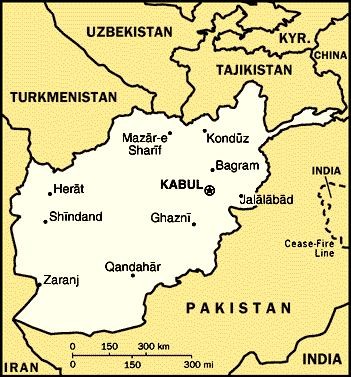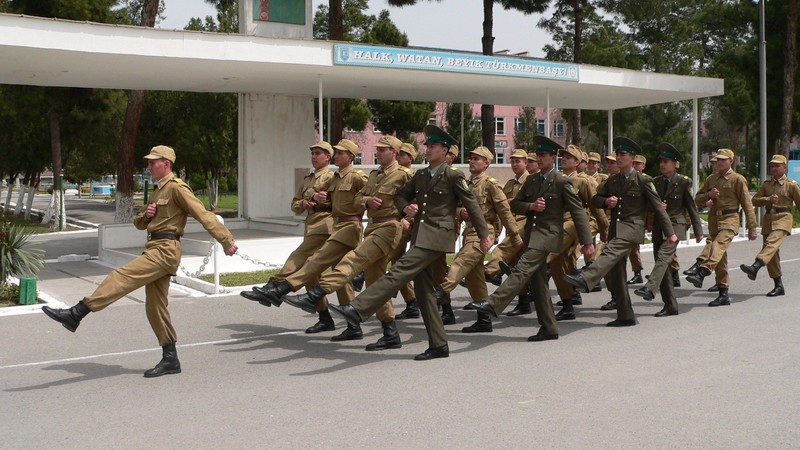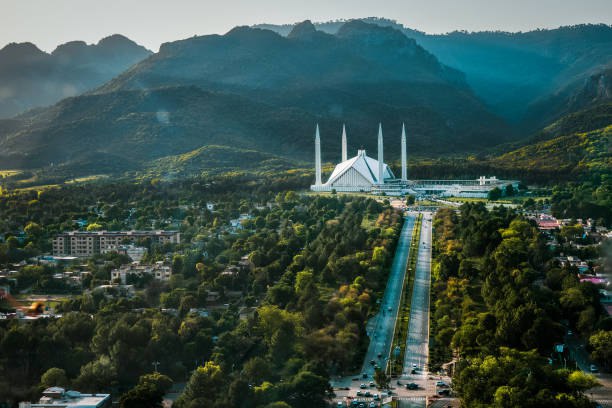BISHKEK (TCA) — The death of Afghan Taliban leader Mullah Mansour, who was killed in a U.S. drone attack in the southwestern Pakistani province of Balochistan on May 21, reduces the likelihood of Afghan peace talks in six-month outlook, according to the new analysis on the event and its implications, prepared by Omar Hamid, Head of Asia Analysis, IHS Country Risk.
Over the past several months, the Taliban have appeared to be at substantial risk of disintegration as a single organisation. Mansour was never able to properly consolidate his leadership, despite having the advantage of having access to most of the Taliban’s financial resources and of considerable support from the Pakistani military establishment, who viewed Mansour as their key proxy within the Taliban. But that relationship, and his support for pursuing a peace process with the Afghan government, became the reason for several Taliban commanders to oppose him, Omar Hamid wrote in his paper.
The haemorrhaging of support from Mansour to other factions, including the Islamic State’s affiliate in Afghanistan, Wilayat Khorasan, had considerably weakened Mansour’s position. In spite of the Taliban’s military successes in the past year, such as the temporary capture of Kunduz city in October 2015, the encirclement of several districts of Helmand earlier this year and the successful start of the spring offensive, codenamed Operation Omari, Mansour was not able to take advantage of these successes to consolidate his leadership.
Mansour’s death is likely to seriously hinder any prospects for peace talks between the Taliban and the Afghan government. Mansour was by far the most moderate leader within the Taliban, and with Sirajuddin Haqqani almost certain to be confirmed as the new leader of the Taliban, the group is likely to shift towards a more hardline position vis-a-vis peace talks, the paper reads.
The decision to target Mansour, reportedly endorsed by President Obama, probably reflects US and Pakistani frustration at Mansour’s inability to bring the Taliban to the peace table. The US decision was likely predicated on the belief it was probably better to disrupt a resurgent Afghan Taliban that had stepped up attacks against US forces in recent months, and send a signal that the US would continue to target Taliban safe havens in Pakistan.
For the Pakistani military, who may have even supplied targeting information for the strike covertly (although this remains unclear), it signalled a judgment that Mansour no longer had credibility as a valid interlocutor. And while Sirajuddin Haqqani would appear to be a far less acceptable figure to the US and Afghan governments, he would likely carry greater credibility within Taliban ranks and would be more likely to unite the Taliban factions under his control, the analytical paper concludes.









